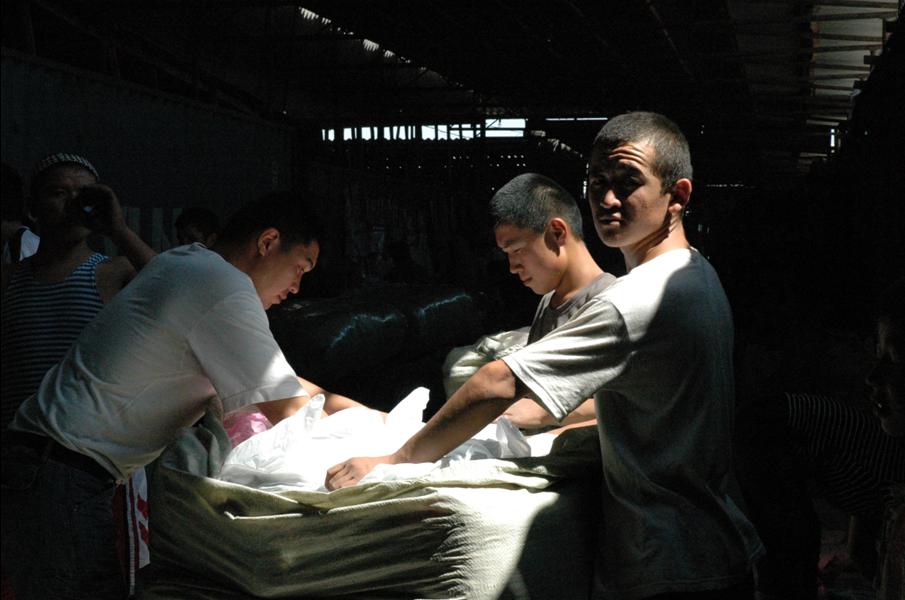The Sorokin Affair Five Years Later On Cultural Policy in Today’s Russia
Five years ago, a campaign and criminal case against the writer Vladimir Sorokin attracted considerable public and media attention in Russia. In this essay, we begin by reviewing the events of the Sorokin affair and then attempt to understand it in the context of the Putin regime’s discursive practices.
One day in mid-January 2002 a large group of clean-cut young people gathered in the center of Moscow. They came out to protest what they claimed to be the obscene and unwholesome character of certain recent works of Russian literature. At the rally, they announced the beginning of a massive campaign … Read more






